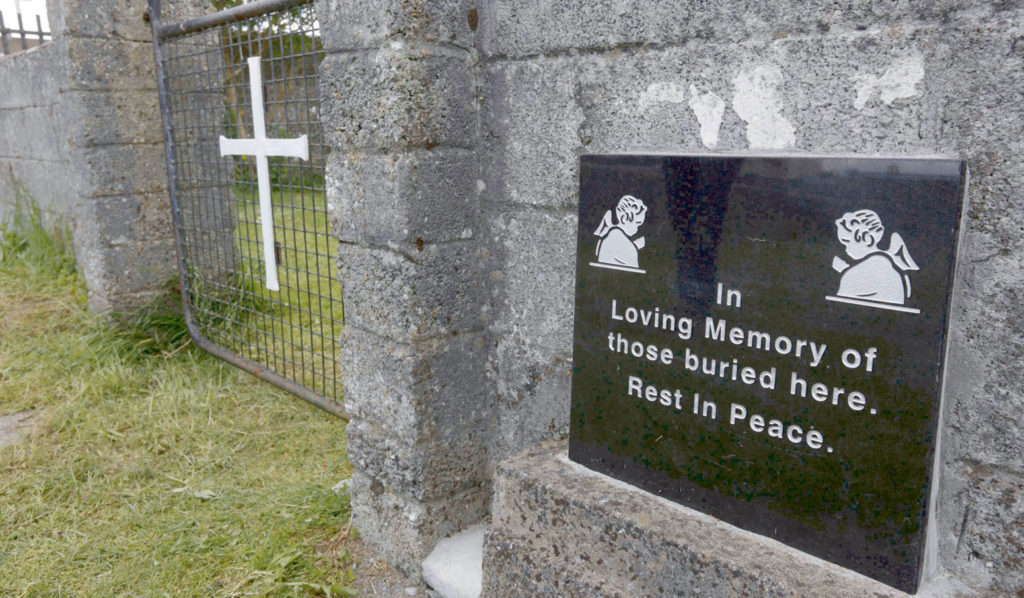THERE IS mounting concern that new legislation could end up preventing families from gaining access to information about "disappeared relatives or babies who are buried in unmarked graves".
A controversial new bill, relating to the records of mother and baby homes, is currently working its way through parliament.
The Minister for Children, Roderic O'Gorman has insisted that the bill is required in order to “preserve access to invaluable information now and into the future, and not to put it beyond reach as has been reported".
However, campaigners working on behalf of Irish mothers and their children born in mother and baby homes fear the change could lead to many being unable to access their records.
Under the change, the archive containing the information would be sealed for 30 years.
The matter was discussed in the Dáil with Sinn Féin leader Mary Lou McDonald on the taoiseach Mícheál Martin to scrap the plans.
"This will prevent people accessing their records from the Minister's archive and it will stop families accessing information about disappeared family members or babies buried in unmarked graves,"” she said.
Martin refuted such claims, however, arguing instead that the bill would "preserve invaluable information, not to put it beyond reach".
 The site of the former mother and baby home in Tuam, Co. Galway (Image: RollingNews.ie)
The site of the former mother and baby home in Tuam, Co. Galway (Image: RollingNews.ie)Mother and baby homes operated in Ireland during the 19th and 20th century.
They were established to house women and girls who became pregnant outside marriage, with many of the children born there either ending up adopted in orphanages.
They became the source of international focus in 2017 after “significant human remains” were found in the grounds of a home in Tuam in Count Galway.
The Tuam home was one of 10 institutions run by religious orders in Ireland.
It’s estimated around 35,000 unmarried pregnant women spent time in the homes.
Campaigners and investigators have since uncovered evidence suggesting, on average, one child died there nearly every two weeks from the mid-1920s through to the 1960s.
In the wake of the scandal, the Irish government established a Mother and Baby Homes Commission.
The commission is due to publish the findings of its five-year investigation on October 30.

